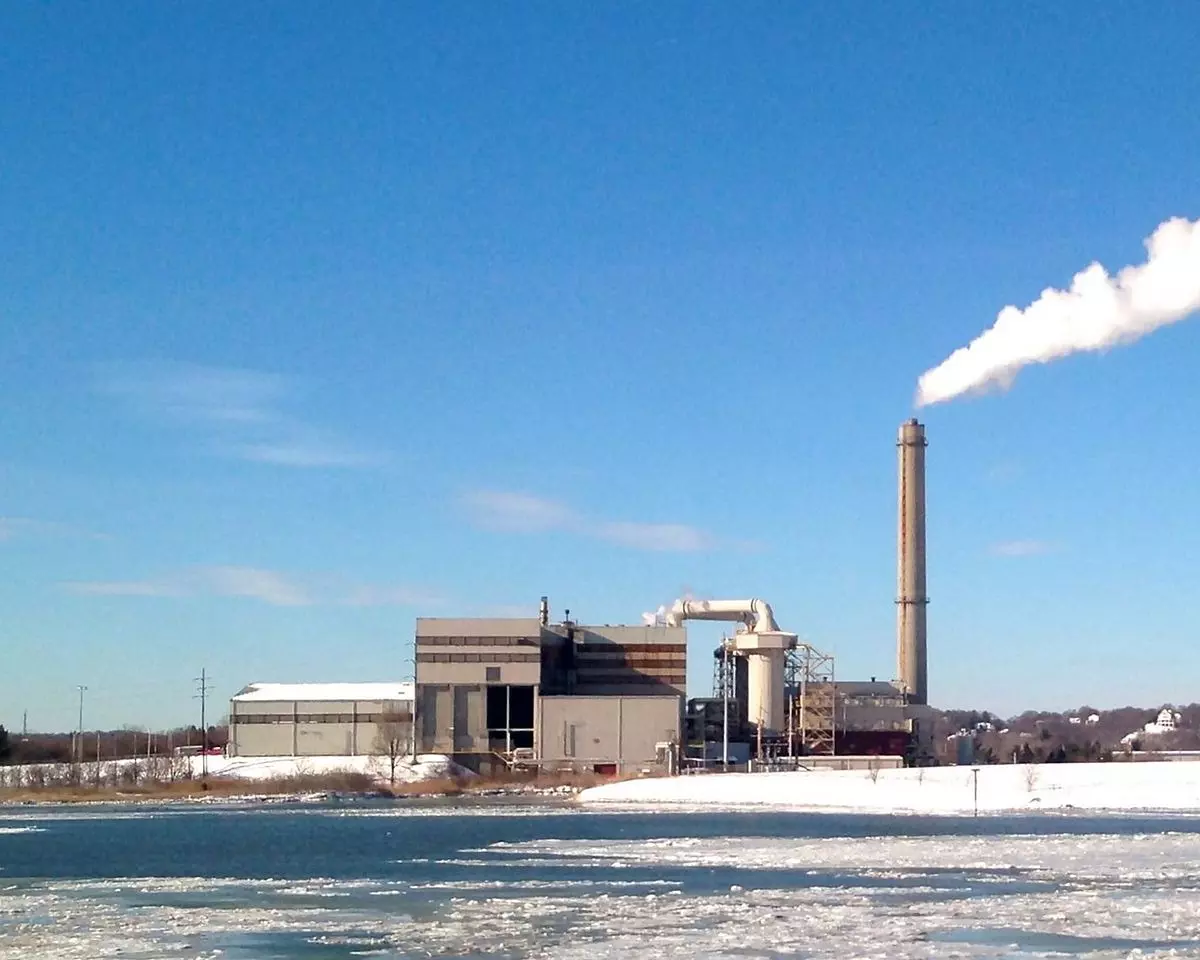Parliamentary panel suggests SPV to buy power from waste to electricity plants
The SPV can have multiple partners in the form of Central PSUs like SECI, IREDA and private companies
image for illustrative purpose

New Delhi: A Parliamentary panel has suggested forming a special purpose vehicle, onboarding Solar Energy Corporation of India, Indian Renewable Energy Development Agency and private firms to buy power from waste to electricity plants. These waste-to-electricity plants face huge delays in executing power purchase agreements (PPA) with the State Electricity Departments/DISCOMS as the tariff is typically high at about Rs 8 per kilowatt hour (KWH) which is higher than that of other renewable energy such as Solar, a report by Parliamentary Standing Committee on Energy observed.
The report, tabled in Parliament on Tuesday, stated that the Committee is of the view that a special purpose vehicle (SPV) can be created for this purpose, which can be made procurer of this power. This arrangement can have multiple partners in the form of Central PSUs like Solar Energy Corporation of India (SECI), Indian Renewable Energy Development Agency (IREDA) and also private companies, it suggested. The SPV, after procuring power from the plant, can then sell this power to interested entities and can also list it for trading on power exchanges. It opined that such an arrangement will provide guaranteed takeoff of power being generated from waste, instilling further confidence amongst the stakeholders and building a suitable case for attracting low-cost capital from the market, while encouraging more players to invest in this field, thus eventually driving down the cost of Waste to Electricity power.
Many such projects are being pursued under the public-private partnership (PPP) model and the main source of revenue for these projects is the sale of the power generated from municipal solid waste (MSW) and some byproducts which are used as construction material. The power being generated from these projects is sold to the state DISCOMs. About the pollution from the Waste to Electricity plants, the panel stated that Engineers India Ltd, including environmental engineers and scientists, can assist in devising mechanisms using technology to reduce emissions from these plants, such as emission filters.
The Committee also feel that global best practices should be studied and adopted in our plants to the extent possible, it stated. The panel suggested that setting up of biomass trading platforms can help in ensuring availability and accessibility of raw materials as well as finished products on a real-time basis. It opined that a comprehensive mapping of waste/feedstock is needed for effective utilization in different areas (such as CBG, bio-ethanol, biomass to power, methanol, green hydrogen etc.). It also stated that such mapping should be carried out regularly to improve the demand supply situation in the market and enable short as well as long-term planning with regard to Bioenergy and Waste to Energy in the country.
The panel also suggested that a robust market for biofertilizers be developed through public awareness campaigns, information & education (I&E) programmes, incentivization of farmers, development of supply chain etc. It also stated that setting up Waste to Energy plants within the jurisdiction of industrial townships would not only help in reducing the net waste generation but also save the transportation cost of such waste. Further, it said that mandatory setting up of these plants would also aid in achieving the goals of Extended Producer Responsibility (EPR).

